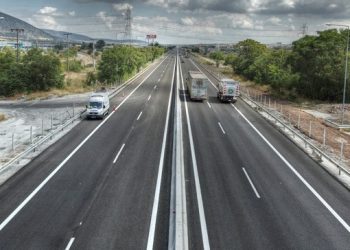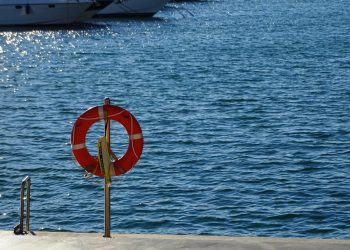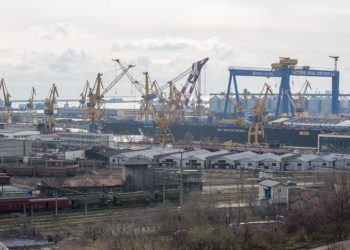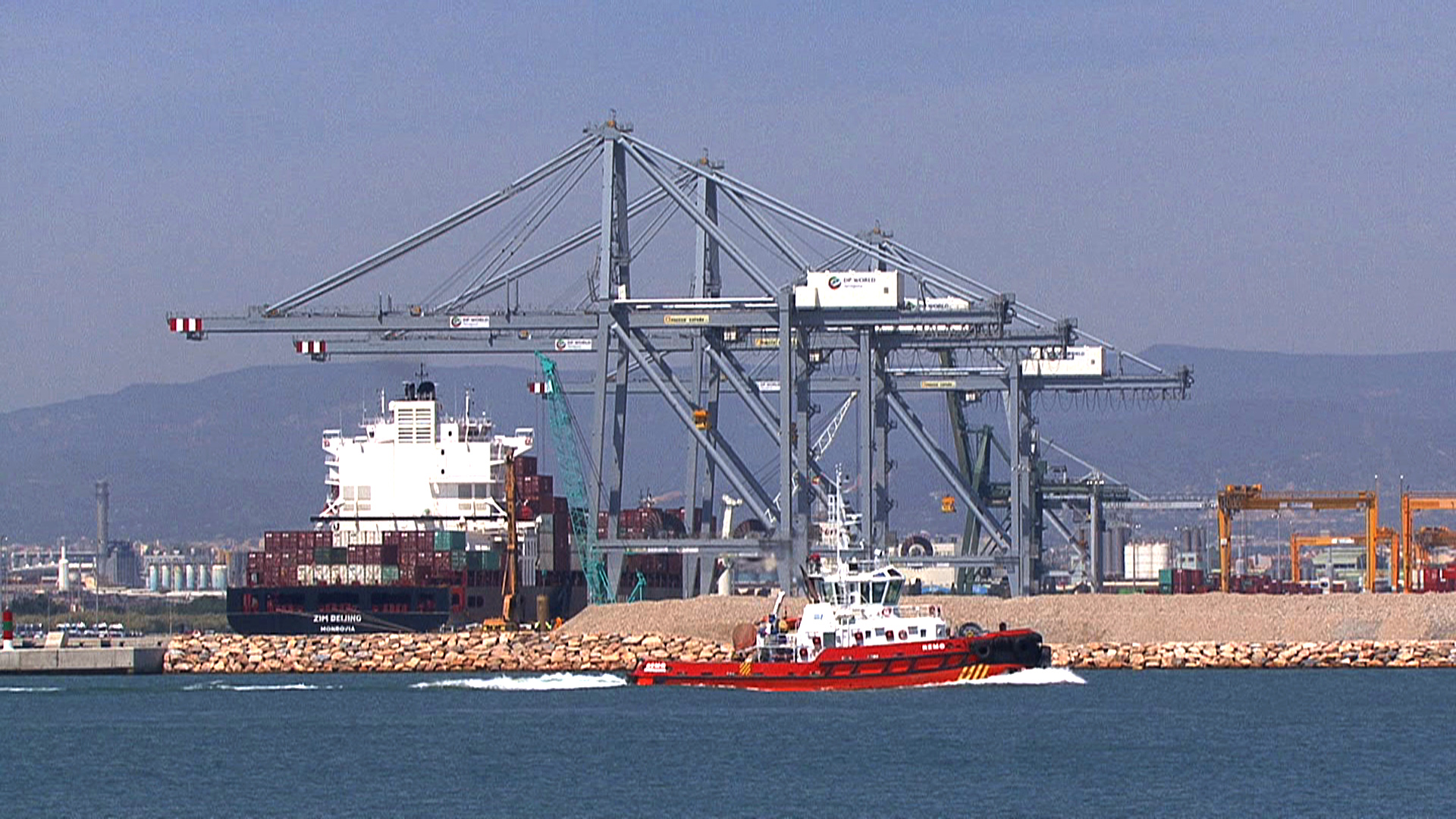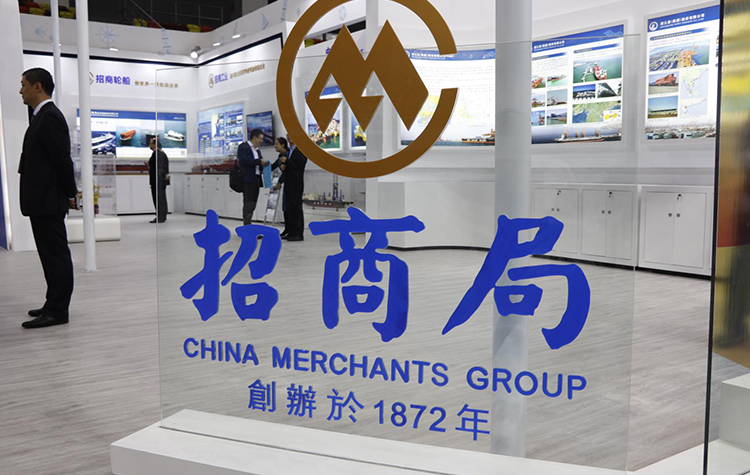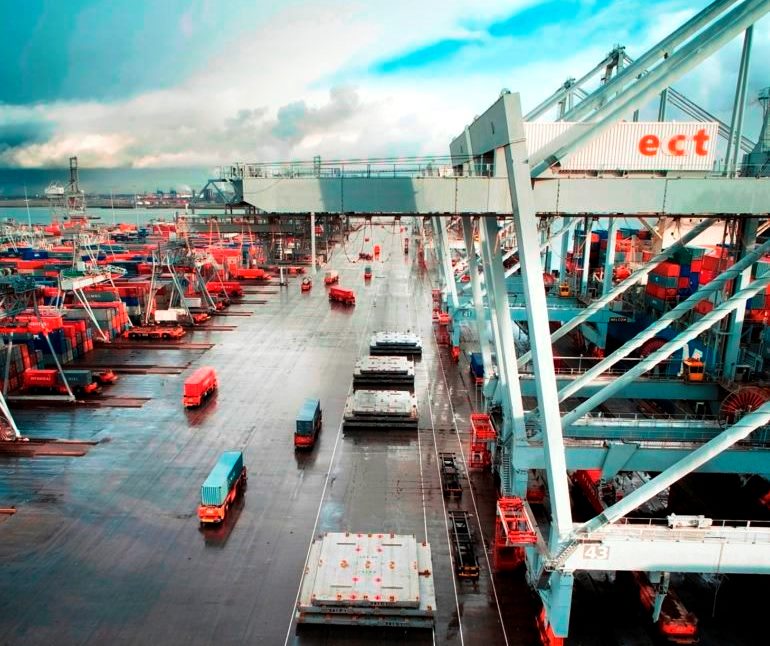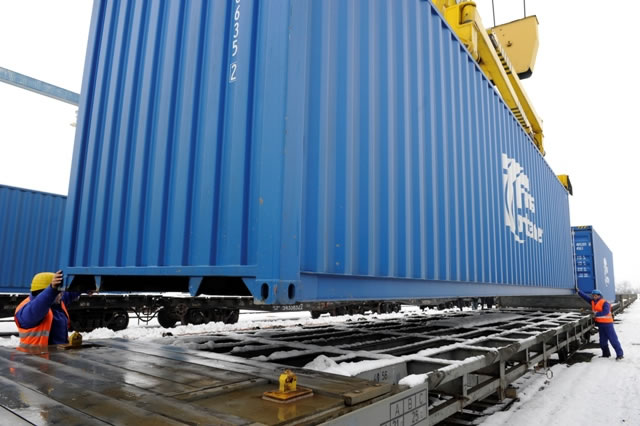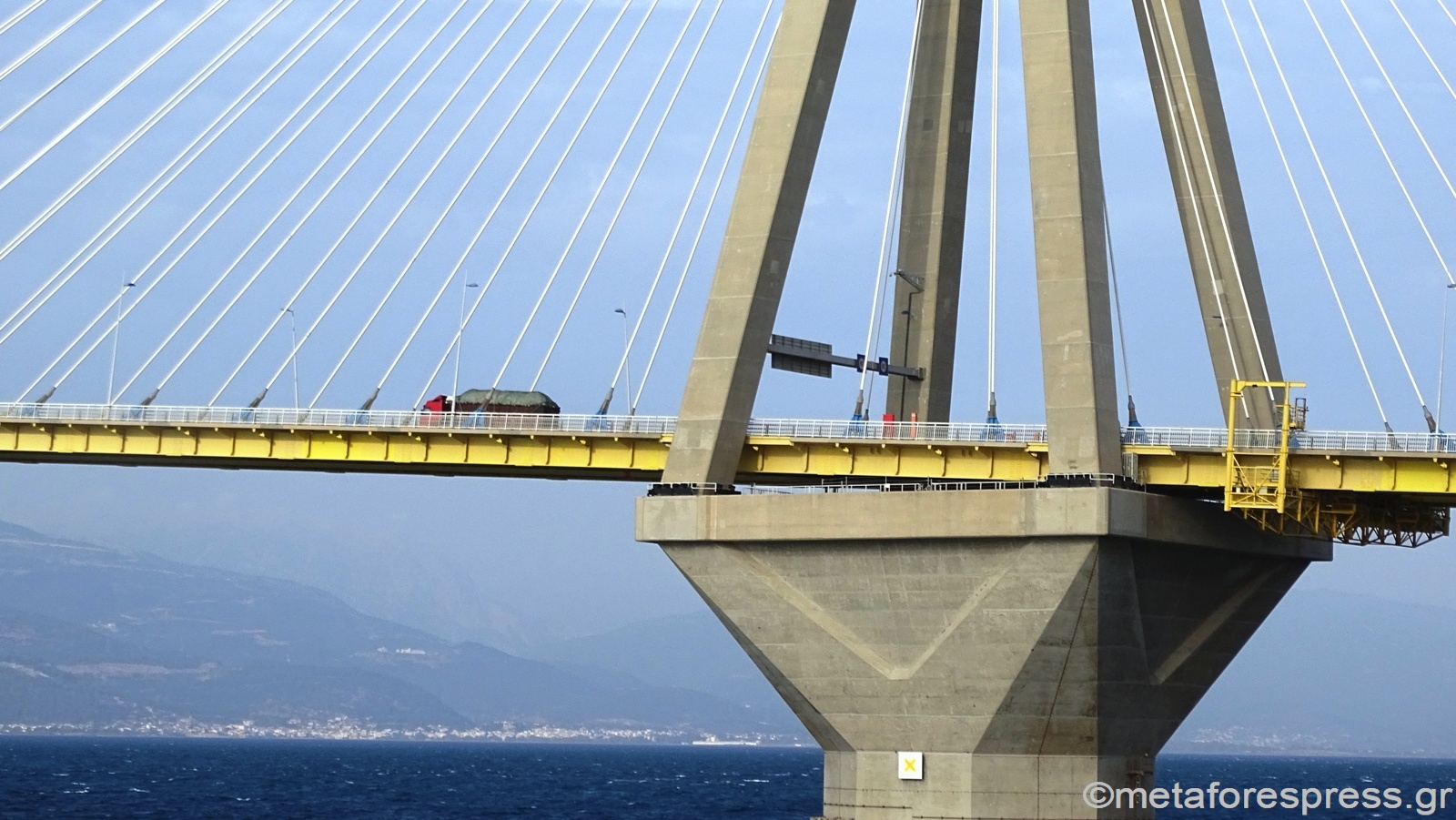The European Commission has opened an in-depth investigation to assess whether tax exemptions granted under Italian law to ports are in line with EU State aid rules.
Cross-border competition plays an important role in the ports sector and the Commission is committed to ensuring a level playing field in this important economic sector.
Port authorities carry out both non-economic and economic activities:
- Non-economic activities, such as maritime traffic control and safety or anti-pollution surveillance, typically fall within the competence of public authorities. Such public remit activities fall outside the scope of EU State aid control.
- The commercial operation of port infrastructure, such as providing paid access to the port, on the other hand constitutes an economic activity. EU State aid rules apply to these activities.
A corporate tax exemption for ports that earn profits from economic activities provides them with a competitive advantage when they operate on the internal market and therefore involves State aid, which may not be compatible with EU rules.
In Italy, port authorities are fully exempt from corporate income tax.
Italy has not agreed to change its corporate tax legislation as the Commission proposed in its January 2019 decision. For this reason, the Commission has now opened an in-depth investigation to assess whether or not its initial concerns as regards the compatibility of the tax exemptions for Italian ports with EU State aid rules are confirmed.
If they are, the corporate tax exemption for ports in Italy would also amount to “existing aid”, since they already existed before the accession of Italy to the EU and the Commission would not be able to ask Italy to recover any aid already granted.
The opening of an in-depth investigation gives an opportunity for Italy and interested third parties – such as beneficiaries or competitors – to comment on the State aid assessment of the tax exemptions, in particular as to the assessment of the economic nature of ports’ activities and the effect on competition and trade.

